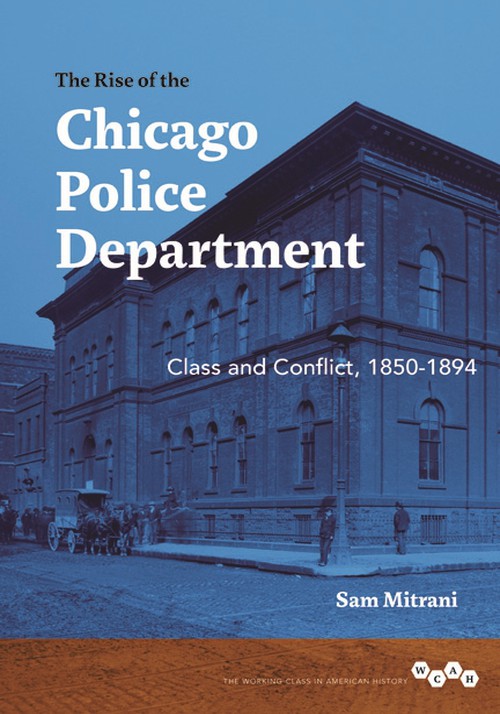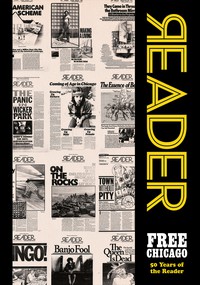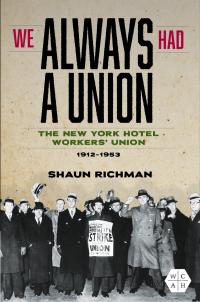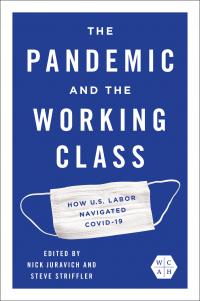
The Rise of the Chicago Police Department
Cloth: 12/30/2013
About the Book
In the mid-to-late 1800s, every major northern city in the United States organized its own police department. Sam Mitrani examines the origins and conflicts over one big-city police force against the backdrop of the most turbulent American city of the era: Chicago.Roiled by political and economic conflict, Chicago was a center for labor unrest and disorder. In reaction, the political and business elite organized themselves to foster the growth of a professional police force to protect their own positions in society--and capitalism itself--by subduing the workers’ movement and the disorder of working-class neighborhoods. Moving from the 1855 Lager Beer Riot to the 1886 Haymarket violence, Mitrani traces the police department’s evolution into a powerful institution that maintained the capitalist order by breaking strikes, protecting property, and ensuring some degree of order among the city’s vast underclass. But at the same time, in order to attain the legitimacy they needed to be effective, police also had to prove their usefulness to residents of Chicago’s vast, multi-ethnic working-class neighborhoods. The tension between these two imperatives underlay decades of conflict over the shape policing would take--a conflict that in many ways continues to this day.
About the Author
Sam Mitrani is a professor of history at the College of DuPage.Reviews
"The author tells a compelling story. Richly researched and nicely written it can be recommended to all interested in Chicago political labor history. It shows how the police were created and developed due to immigrant workers and new ideologies finding their way in America."--Journal of Illinois History"A valuable, well-informed examination of the formative period in the development of the American police."--The Journal of American History
"Sam Mitrani's excellent book, The Rise of the Chicago Police Department: Class and Conflict, 1850-1894 provides a very timely analysis of the growth of the professional police force in the United States. . . . Mitrani's analysis provides a crucial view into the 'messiness and contradictory nature of state building' and highlights how such institutions are shaped, and reshaped by specific interest in order to meet their needs. This book is a must for students of organized labor, police power, and urban development alike."--Journal of the Illinois State Historical Society
"A fine contribution to police history. Recommended."--Choice
"Sam Mitrani's The Rise of the Chicago Police Department: Class and Conflict, 1850-1894 offers a timely consideration of the relationship between democracy, industrial capitalism, and state building. . . . The result is a well-argued and researched analysis with important insights for those interested in questions related to the late nineteenth-century capitalism, the rise of the state, and the diminishing of democracy."--Labor
"This excellent book leaves no doubt that in Chicago, 'a military-style police department' emerged not as a general manifestation of the modernization of urban services but 'to keep order in the face of the threats posed by a mobile class of wage workers.'"--The Journal of the Gilded Age and Progressive Era
"A compelling story. Richly researched and nicely written it can be recommended to all interested in Chicago political and labor history. . . . Thanks to Sam Mitrani, we have a better understanding of the rise of the Chicago Police Department in nineteenth-century America."--Journal of Illinois History








